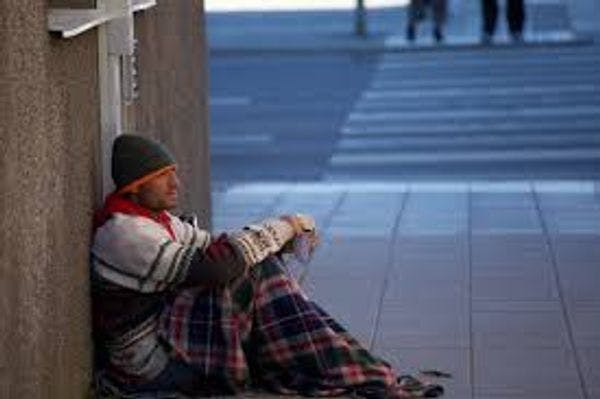Wikimedia Commons - Carl Ridderstråle
Is Sweden's zero-tolerance approach to drugs a failing model?
By Lee Roden
Sweden is accustomed to being praised for its forward-thinking approach, but there's one area where many feel it lies behind the curve. The country's "zero tolerance" policy towards drugs is an increasingly isolated one compared to its neighbours, and has even been subject to criticism from the UN. The Local's Sweden In Focus series looks at why Sweden takes such a hard-line stance on drugs, what the consequences are, and if it will ever change.
Sweden's long-standing zero-tolerance drugs policy is based on the fundamental vision of a "drug-free society", and was shaped by lobbying group The Association for a Drug-Free Society (RNS). The group, founded by psychiatrist and "father of Swedish drugs policy" Nils Bejerot in 1969, pushes for the prevention of drug use through penalties rather than treatment of drug addiction. This has led to tough policing with a focus on small crimes of possession.
As the Swedish government's website explains, the zero-tolerance policy makes no distinction between "hard" and "soft" drugs. Police can detain and give a compulsory urine test to anyone they suspect of being high – followed by a criminal charge if proven to be true.
